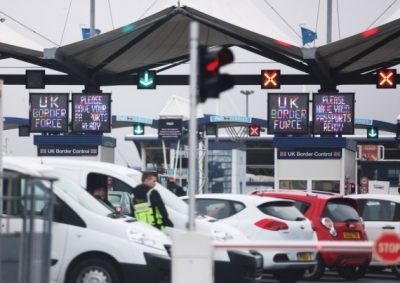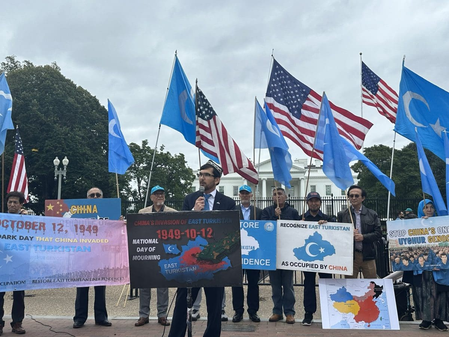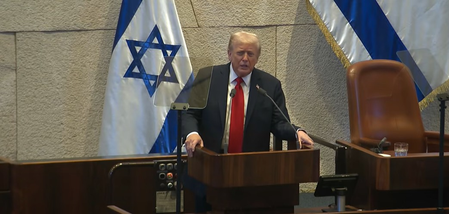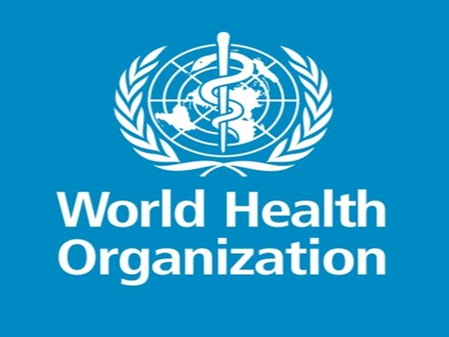
New Delhi, Sep 20 (IANS) Changing world order, popular demands, and vested interests are affecting countries that once embraced immigrants either to add skill and experience to their workforce, or merely out of compassion.
Among nations that conform to the former are the United States and the United Kingdom. While tens of thousands of Indian engineers and techies were part of the growth of Silicon Valley in the US, skilled medical practitioners formed the backbone of the health infrastructure in the UK.
While some countries, like Germany and Canada, opened their doors to refugees fleeing conflict or massacre.
No more. In the US, authorities are deporting anyone suspected as an illegal immigrant, sometimes to unknown destinations. For professionals, visa norms are being tightened.
Last year, the UK introduced a set of reforms, constricting asylum and settlement rules. Longer qualifying periods were introduced for ‘Indefinite Leave to Remain’, and tighter ‘Skilled Worker’ occupation rules to raise effective costs for sponsors.
In a move that resonates with the United States Immigration and Customs Enforcement’s actions, last year, the UK government under Rishi Sunak moved a bill to deport illegal entrants to Rwanda.
There was strong opposition to the Safety of Rwanda (Asylum and Immigration) Bill, citing uncertain conditions in the host country. But the Bill was enacted into law after Parliament approved the legislation, and it received Royal Assent in 2025.
Implementation has proceeded in stages, with the legal framework now in place to remove certain asylum seekers to Rwanda for processing and potential resettlement.
At the same time, the UK introduced changes in visa laws for legal immigrants as well. Visitors, students, and nurses now have to adhere to stricter rules for staying in the country.
The Keir Starmer-led government has continued with most of the restrictions, with the UK Home office early this month claiming a drastic fall in asylum claims from legal migration routes following “tough new measures introduced”.
The visa changes combine stricter asylum measures, proposals to lengthen settlement timelines, targeted tightening of skilled‑worker rules, and stepped‑up enforcement and service reforms.
There has been a “significant increase in visa application refusals and a 10 per cent fall in student asylum claims,” claimed UK Home Office.
“Stricter screening has seen refusal rates for short-term study visas increase from 45 per cent to 68 per cent, while skilled worker rejections surged from 3 per cent in 2023 to 21 per cent in June 2025,” it added.
Meanwhile, Canada has stepped up integrity checks for student and temporary worker routes. It has also raised scrutiny on education‑sector participants, tightened post‑study work conditions in some streams, and increased application fees and biometrics charges in recent updates.
Germany has increased land border patrols, and the European Union’s 2024 Migration Pact introduces tougher external controls.
Among other countries, Australia rebalanced temporary skilled migration settings with higher sponsorship and visa fees, stricter labour market testing in some streams, and tighter rules for some student and graduate post‑study work pathways.
New Zealand, too, has tightened work and student visa rules and increased fees while introducing stricter labour checks and targeted pathways for critical skills.
Israel has rolled out an Electronic Travel Authorization (ETA) requirement for many previously visa‑exempt visitors and introduced associated processing fees.
Several EU members and the Schengen entry framework have updated visitor rules and e‑visa or electronic travel authorisation (ETA) plans, while some countries have adjusted national visa charges or added electronic pre‑travel authorisations.
Some Gulf states have introduced fee and entry‑permit adjustments as they expand e‑visa systems and tourist or business access while tightening some work‑permit rules for specific sectors.
Even some Asian destinations have reworked e‑visa eligibility, electronic pre‑authorisation and fee schedules, in some cases raising fees or adding new paid ETA and registration requirements.
However, not all of these countries intend to restrict legal entry, but aim to streamline travel rules or control immigration.
–IANS
jb/skp




